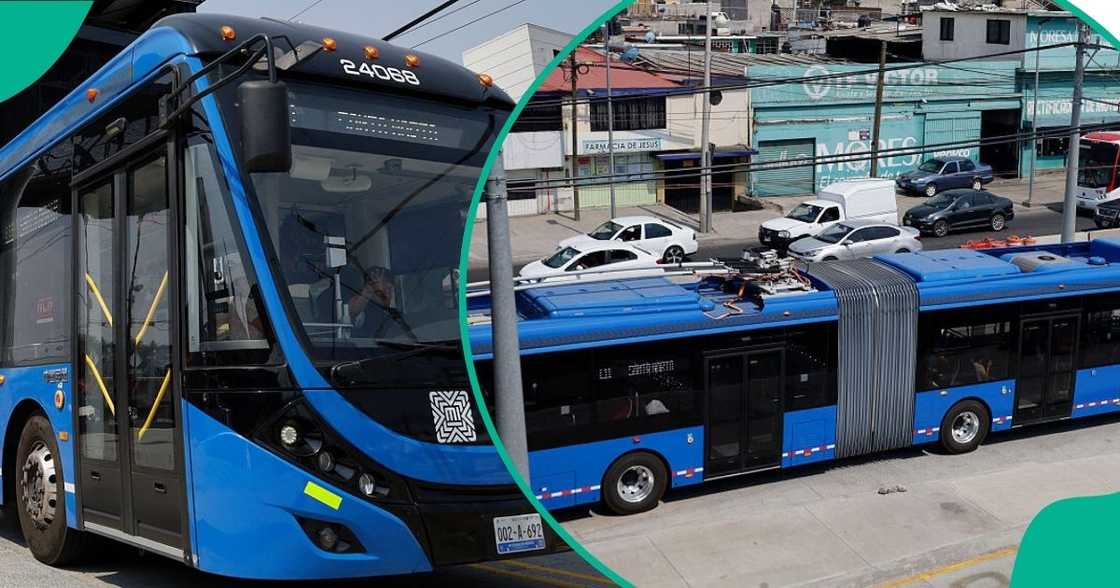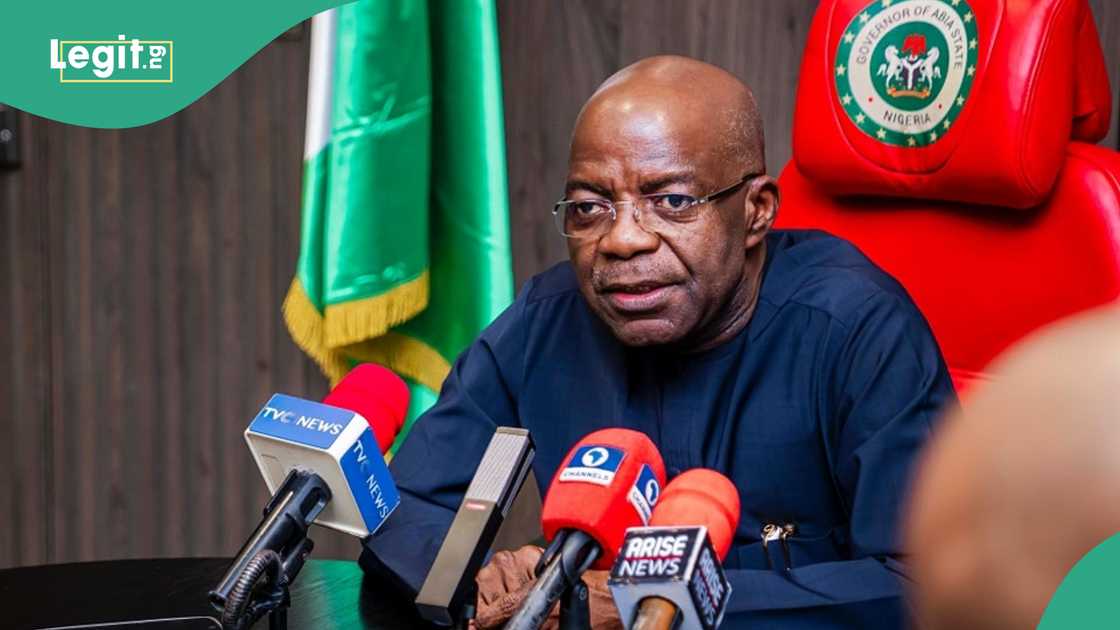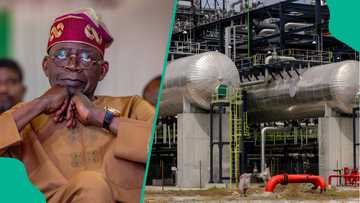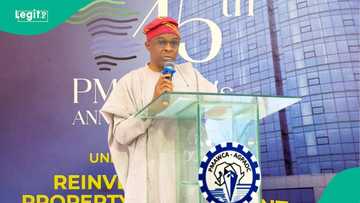Abia to Launch Electric Vehicles for Transportation in December, Targets Zero Emission Future
- Abia state is leading the charge in green energy and net zero emissions with the launch of electric vehicles
- The state government, via the commissioner for Transportation, Chimezie Ukaegbu, said it is rolling out electric vehicles in December
- The initiative is to boost transportation and will be complemented with modern bus terminals and transport hubs
Pascal Oparada is a journalist with Legit.ng, covering technology, energy, stocks, investment, and the economy for over a decade.
The Abia state government has announced plans to introduce electric vehicles (EVs) into its transportation system by December 2025, a landmark step toward achieving zero emissions and building a sustainable, green economy.
Commissioner for Transportation, Chimezie Ukaegbu, disclosed this during the 2025 edition of the National Transport Conference (NTC) organised by the Chartered Institute of Transport Administration (CIOTA) in Abuja.

Source: Getty Images
According to Ukaegbu, the initiative underscores the vision of Governor Alex Otti’s administration to modernise the transport sector and reduce the state’s carbon footprint.
“Transportation is the backbone that supports every other key sector of the economy,” he said. “What the governor is doing is to ensure that Abia becomes a model for clean, efficient, and modern mobility.”
Why Abia chose electric vehicles over CNG
Explaining why the state opted for electric vehicles instead of Compressed Natural Gas (CNG) systems, Ukaegbu highlighted the limitations of CNG technology.
“Yes, the CNG is good, but it has its own defects,” he said. “Emission is only reduced by about 38%, whereas electric vehicles achieve zero emissions. Beyond that, CNG requires a mother station, sub-stations, and conversion centres for vehicles — which make it logistically and financially demanding.”
He noted that electric vehicles, by contrast, only need a network of battery charging stations, which the state is already planning to establish across major cities.
“Abia is taking the smarter, more sustainable path,” Ukaegbu added.
Building infrastructure to power growth
The commissioner said that the electric vehicle rollout aligns with Abia’s broader commitment to infrastructure development and business growth.
“Let me tell you, our roads and infrastructure are fantastic,” Ukaegbu noted. “Governor Otti is intentional about ensuring that every business can thrive. A good road network and an efficient transport system are critical for business distribution and logistics. Without transportation, production becomes useless.”
According to a report by the Daily Sun, the Commissioner emphasised that transportation plays a pivotal role in Abia’s economic model, particularly in enabling the “ease of doing business” and attracting local and foreign investors to the state.
Bus terminals and intermodal transport hubs underway
To complement the electric vehicle system, the government is also constructing modern bus terminals across Abia.
“These will serve as one-stop transport hubs,” Ukaegbu explained. “They will provide interconnectivity among different transport modes, road, rail, and other systems. It’s an integrated approach to make movement seamless and efficient for commuters.”
The terminals, he said, would also host recharge points for electric vehicles and improve public transportation management.
Strong regulations and social focus
Ukaegbu disclosed that the government has strengthened transport regulations to reduce accidents and improve revenue generation. However, he stressed that the ultimate goal is social impact, not profit.
“Our government remains a social service provider,” he said. “All we are doing is to alleviate the pains of the people, as promised by the Governor. A functional transport system opens up cities, attracts investors, and helps businesses grow.”
While users will pay for services, he assured that the cost would be highly subsidised to ensure affordability.

Source: Facebook
Abia aligns with national transition agenda
The initiative comes as Nigeria transitions from fossil fuels to cleaner energy sources, including electric and CNG-powered vehicles.
The federal government recently introduced a 5% fossil fuel tax effective from January 2026, and a 15% import duty on imported petrol and diesel to encourage local refining and clean energy adoption.
By embracing electric vehicles ahead of most states, Abia is positioning itself as a front-runner in Nigeria’s green transport revolution, driving innovation, sustainability, and economic growth while cushioning citizens from the impact of soaring fuel costs.
FG to deploy 10,000 electric vehicles
Legit.ng earlier reported that the Nigerian government was set to begin mass electric vehicle transport services in the northeast, with the Federal Executive Council (FEC) approving the implementation plan.
Presidential spokesman, Bayo Onanuga, disclosed this, saying the Federal Executive Council (FEC) had approved $100 million contracts to supply buses and tricycles and establish charging stations for electric vehicles.
FEC also approved the contract to supply ten 17-seater electric buses, which Bluecrest Integrated Concept Limited, the beneficiary, will supply the buses within six months for N2.9 billion.
Proofreading by Kola Muhammed, copy editor at Legit.ng.
Source: Legit.ng






